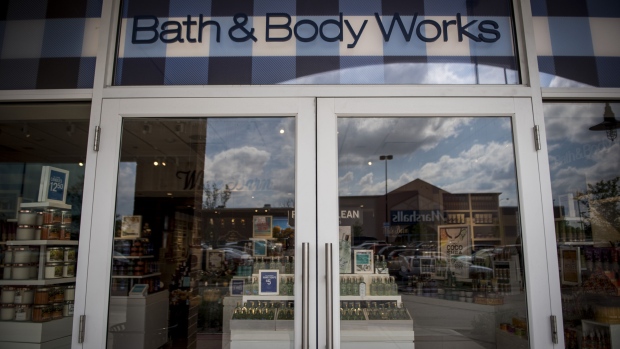May 20, 2020
Bath & Body Works buoys parent L Brands during pandemic lockdown
, Bloomberg News

Quarterly results from L Brands Inc., owner of Victoria’s Secret and Bath & Body Works, show why the company is betting its future on scented bath soaps and glittery hand sanitizer instead of lingerie.
The Bath & Body Works chain posted a 20 per cent increase in comparable sales at its stores in the period until they closed on March 17 due to the coronavirus pandemic. After that, customers continued to buy the company’s candles, lotions and soaps online.
While total sales fell from a year earlier, digital purchases at Bath & Body Works almost doubled from a year earlier to US$289 million in the quarter as shoppers scrambled to get soap wherever they could find it.
“Given the disruption and the closure of stores, we consider this to be a very strong result that reflects the brand’s popularity and its loyal base of shoppers,” said Neil Saunders, managing director for GlobalData Retail, in an email.
The results bolster L Brands’ decision to operate Bath & Body Works as a standalone public company. Sales at the chain have outpaced those at Victoria’s Secret in recent quarters as the lingerie brand loses market share to upstarts and rivals.
Over the same period, Victoria’s Secret same-store sales, a key gauge of retail success, fell 15 per cent. The lingerie brand’s digital sales also declined.
COVID-19 Disruption
The coronavirus outbreak has roiled the retail industry, forcing valuable stores to sit idle for weeks. This forced growing numbers of shoppers to e-commerce as their only avenue to buy discretionary items.
Columbus, Ohio-based L Brands has said it will give further details on its turnaround plans during a call with investors on Thursday.
The company is recalibrating after the abrupt cancelation of its earlier deal to sell a majority stake in Victoria’s Secret to Sycamore Partners.
“Although the pandemic affected L Brands much like any other retailer, the quarter brought the diverging performance of Victoria’s Secret and Bath & Body Works into sharp contrast,” Saunders said.





